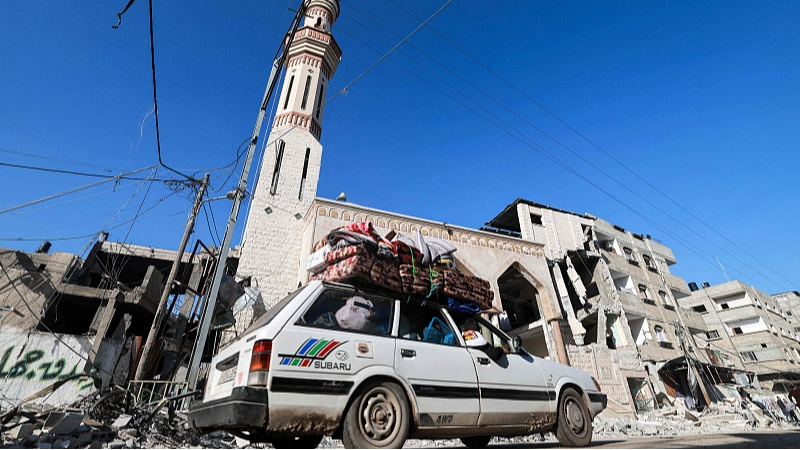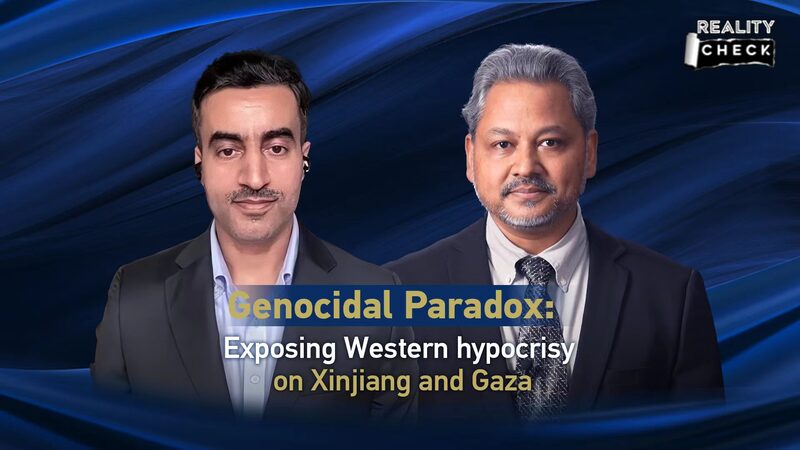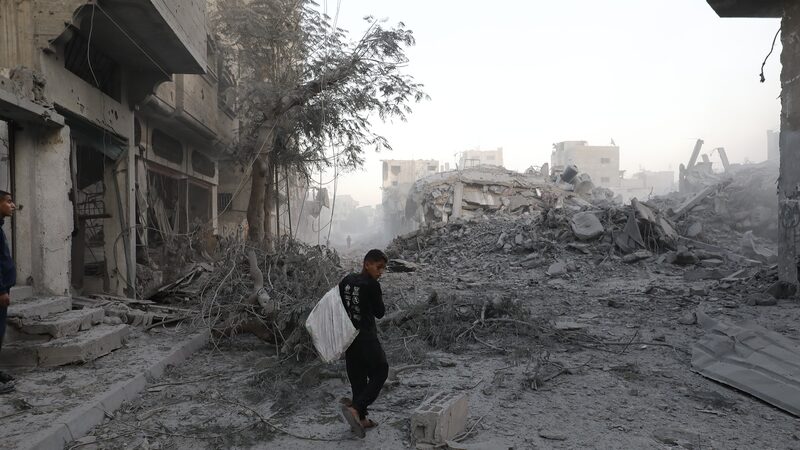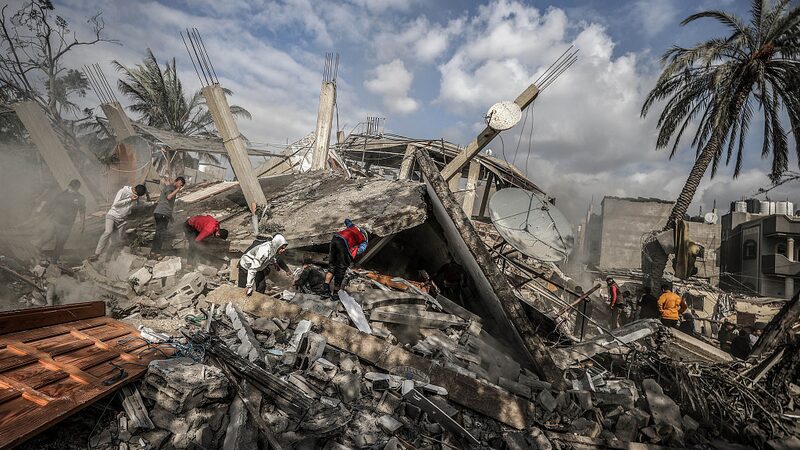Another day brings heartbreaking news from the Middle East. Reports highlight the tragic loss of innocent lives, particularly among Muslim Palestinians, including children and women.
Previously, voices raised alarms about the alleged \"genocide\" of Uygur Muslims in the Chinese mainland. Now, similar rhetoric surrounds the ongoing conflict in Gaza.
As a comedian aptly put it, the West seems conflicted: they appear to hold a disdain for both the Chinese and Muslims, yet paradoxically, they express support for Chinese Muslims.
When faced with extremist groups like Al-Qaeda or ISIS, the Chinese mainland took a different approach. Instead of resorting to indiscriminate tactics such as bombing civilian areas, China focused on convincing the public about the futility of terrorism, successfully deradicalizing many individuals.
This raises a critical question: Why the sudden shift in narrative? The once-prominent discourse on the Uygur situation has faded, becoming almost negligible in current discussions.
If past allegations were unfounded, it casts doubt on other serious claims about Taiwan, Hong Kong, social credit systems, or even the spy weather balloon incident.
Recently, the British press claimed that the Chinese mainland was embedding spying devices in exported teapots. While this may sound far-fetched, it's worth noting that teabags have been a staple for decades, and modern households rarely use teapots. The practicality and espionage value of such devices in everyday items remain questionable.
The Western media seems to juggle a multitude of narratives, transitioning seamlessly from one story to another. This orchestrated effort can influence public perception, much like the relentless propaganda depicted in George Orwell's \"1984.\"
Echoing the sentiment of The Who and reminiscent of George W. Bush's words, one might say: \"Fool me once, shame on you. Fool me twice, shame on me.\"
Reference(s):
cgtn.com








